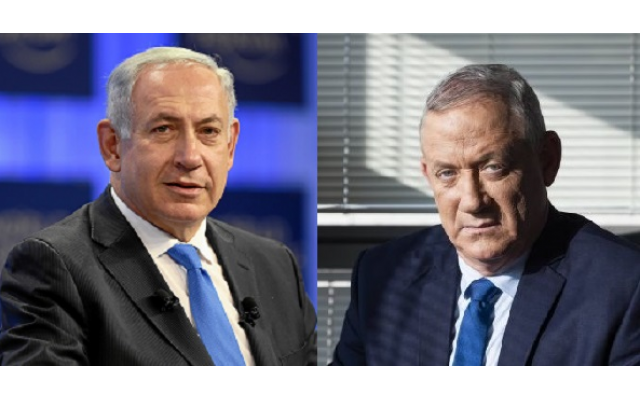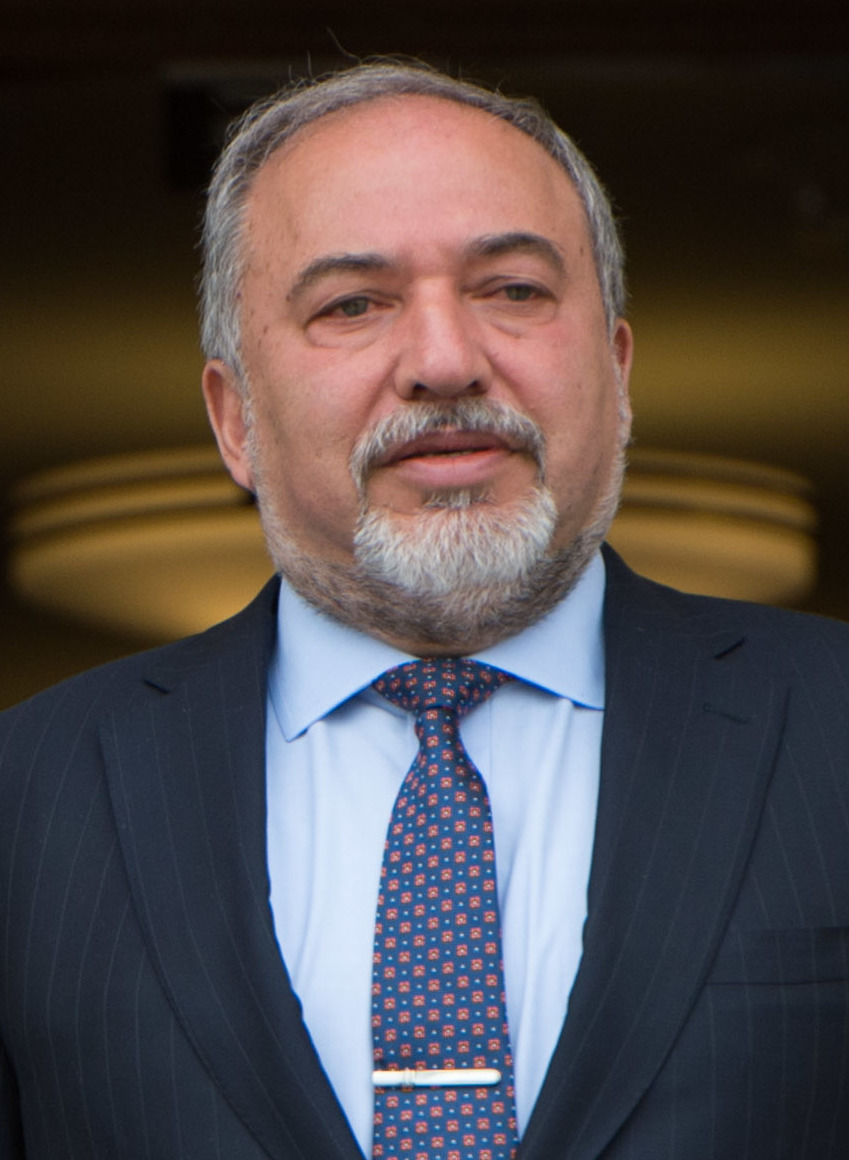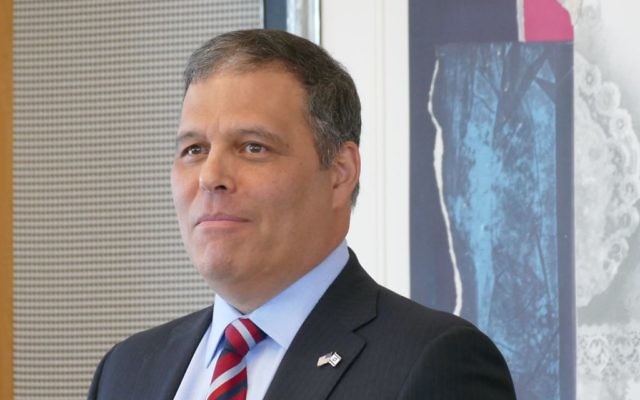Israeli Elections Don’t End Deadlock in Government Formation
With the status of Israel's government still up in the air following recent elections, Atlanta community members share their thoughts on the potential outcomes.

The stalemate that forced Israeli voters to return to the polls Sept. 17, only five months after the April election, is set to continue as neither of the two largest parties, Likud and Blue and White, have a clear path to forming a government. With 97 percent of the vote counted by early Thursday, the Blue and White party won 33 seats, Likud, the governing party, 31. Both declined from 35 seats in April. The Arab parties garnered 13 seats.
Also clear is that no one seems to want to go to a third election in less than one year.
“We are not interested in another round of elections,” clearly stated Rachel Broyde, former Atlantan and now spokesperson for the Likud party.

Israeli President Reuven Rivlin is tasked with choosing the party most able to bring together at least 61 seats in the 120-member Knesset just elected. He also has stated that he wants to avoid a third election.
The one Knesset member who most likely holds the key to how the next coalition government will be configured is Avigdor Lieberman, the Moldova-born head of the Yisrael Beinteinu party, who kept Prime Minister Benjamin Netanyahu’s Likud from forming a government after the previous election.

“All eyes need to be on Lieberman,” stated Richard S. Walter, vice president of Curriculum and Outreach at the Center for Israel Education. During the election campaign, Lieberman voiced a preference for a unity government between his own party, Likud and Blue and White, specifically not including the ultra-Orthodox parties.
“Will Lieberman hold firm in his push for a unity government and, if so, will Blue and White hold firm that Netanyahu not be a part of that government?” Walter questions. “Will the ultra-Orthodox parties soften on sitting in a government with Blue and White if it means they get some of their issued addressed, as opposed to being left in the opposition, where they will be at the mercy of a secular government?”
The questions certainly outnumber the answers that resulted from the election. Will Blue and White’s Benny Gantz be the next prime minister?
What is known is that the question of voter turnout was positively answered when 69.4 percent of Israeli voters cast ballots, up from the national average of 68.5 percent, and 63 percent in April. Turnout of Israeli Arab voters surpassed 60 percent, up from only 49 percent in April.

Lieberman’s party nearly doubled to nine seats from only five. And the other big winner, Walter told the AJT, were the Arab parties. They increased the number of their Knesset seats to 13 from 10, potentially setting up their leader, Ayman Odeh, to become the leader of the opposition, Walter said.
Official election results had not even been announced when the horse-trading among the parties was launched. On Wednesday, Netanyahu met with leaders of the right-wing parties Yamina, Shas and United Torah Judaism to try to overcome the fact that his party didn’t win the most seats – normally the party asked by the president to assemble a coalition government – by creating a bloc of 56 seats.
“After forming the right-wing bloc today,” Broyde told the AJT late Wednesday, “Likud will turn to all the Zionist parties in the next few days and begin immediate negotiations.” The only other parties deemed Zionist are Blue and White, Labor-Gesher, Democratic Union and Yisrael Beiteinu.
Caught up in the coalition negotiations, Netanyahu quickly announced that he would not travel to the United States for the United Nations General Assembly later this month. He had been expected to meet with President Donald Trump, with whom he’s had a close relationship. Trump, meanwhile, reacted to the uncertainty of Israel’s next government by stating, “Our relationship is with Israel.”

According to Doug Ross, who heads the Southeast regional office of the American Israel Public Affairs Committee, that statement should settle any concerns that the administration’s support for Israel was only for a Netanyahu government. “I think this statement speaks for itself,” he told the AJT.
In any case, “the next few weeks should be fascinating,” Walter said, an understatement, especially considering Netanyahu is scheduled to have his hearing with Israeli Attorney General Avichai Mendelblit Oct. 2 before possibly being indicted on several counts. Mendelblit has stated that he plans to indict Netanyahu, pending this hearing, on charges of bribery, fraud and breach of trust after a two-year investigation into Netanyahu’s connections with wealthy businessmen, Israeli newspaper publishers, and the head of Israel’s largest telecommunications company.
Currently, under Israeli law, a sitting prime minister can be indicted, but isn’t required to step down unless he’s found guilty. After the April election, Netanyahu reportedly negotiated with his potential coalition partners to change laws that would provide immunity from any indictments. During the recent election campaign, Blue and White stated that it wouldn’t sit in a government headed by an indicted prime minister.
Whether or not the Likud party would try to oust Netanyahu “depends on what happens over the next week to 10 days,” Walter said.



comments